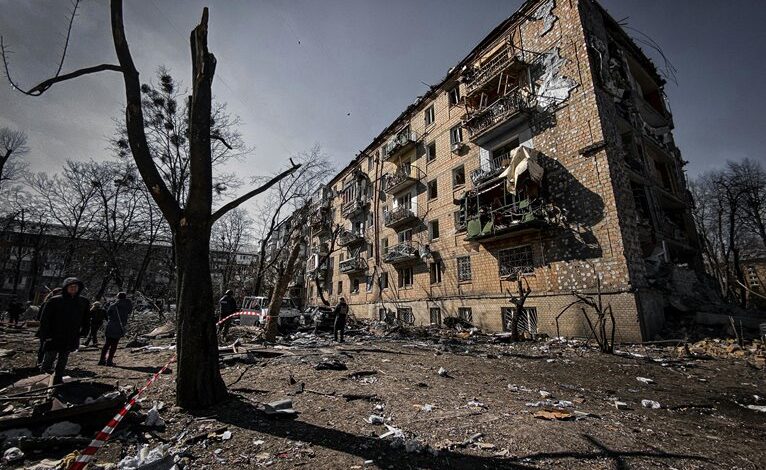How Do the Montague and Capulet Families Contribute to the Catastrophe in Romeo and Juliet?

The Montague and Capulet families play a pivotal role in the unfolding tragedy of “Romeo and Juliet.” Their long-standing feud creates an environment rife with hostility, where familial loyalty supersedes personal happiness. This animosity not only perpetuates violence but also fosters a culture of miscommunication that complicates the lovers’ lives. As the consequences of their rivalry escalate, one must consider how deeply entrenched family values distort individual desires, ultimately sealing the fate of the ill-fated couple.
The Origin of the Feud
Although the exact origins of the feud between the Montagues and Capulets are never explicitly detailed in Shakespeare’s “Romeo and Juliet,” it is clear that this enmity serves as a central conflict that shapes the narrative.
The historical context suggests entrenched rivalries typical of familial power struggles, which intensify the tragedy, illustrating how unresolved grievances can perpetuate cycles of hatred and violence across generations.
Familial Loyalty and Its Consequences
Loyalty, a powerful and often destructive force, binds the members of the Montague and Capulet families to their respective clans, driving their actions and decisions throughout “Romeo and Juliet.”
This unwavering allegiance not only fuels the intensity of their feud but also shapes the characters’ identities, compelling them to prioritize family honor over personal desires and moral considerations.
- Loyalty conflicts overshadow personal relationships.
- Family allegiance incites reckless actions.
- Honor becomes a perilous expectation.
Miscommunication and Misunderstandings
In the tragic landscape of “Romeo and Juliet,” miscommunication and misunderstandings serve as critical catalysts that propel the narrative toward its inevitable conclusion.
Miscommunication examples, such as the failure to deliver Friar Laurence’s crucial letter, illustrate how misunderstanding motives lead to disastrous outcomes.
These lapses not only exacerbate the feud but also isolate the lovers, sealing their tragic fate.
The Role of Violence in the Rivalry
The rivalry between the Montagues and Capulets is deeply rooted in escalating feuds and a relentless cycle of violence, where honor codes dictate behavior and fuel conflicts.
Each skirmish not only intensifies the animosity but also results in dire consequences for both families, ultimately shaping the tragic trajectory of the narrative.
This pervasive culture of aggression reveals how deeply ingrained social values can perpetuate enmity, leading to devastating outcomes for individuals caught in the crossfire.
Escalating Feuds and Fights
Although the Montague and Capulet families are bound by a shared history, their escalating feuds and violent confrontations serve to deepen the chasm between them.
This destructive rivalry escalation manifests in:
- Public brawls that disrupt the peace
- Spiraling hatred fueling impulsive acts of aggression
- A cycle of retribution that entraps both families
Such violence not only fractures their bonds but also perpetuates a tragic fate.
Consequences of Honor Codes
Honor, a powerful and often destructive force, drives the actions of the Montague and Capulet families, shaping their rivalry in profound ways.
The rigid honor codes dictate violent responses to perceived slights, compelling individuals to uphold societal expectations at any cost.
This relentless pursuit of honor fosters a cycle of aggression, ultimately leading to tragic consequences that engulf both families in despair.
Impact of Parental Influence on Romeo and Juliet
The influence of parental expectations significantly shapes the lives of Romeo and Juliet, often constraining their choices and desires.
The lack of meaningful guidance from their families not only exacerbates their impulsive decisions but also heightens the tragic elements of their love.
Ultimately, the weight of their families’ legacies drives the young lovers toward a fate that seems inescapable.
Familial Expectations and Pressure
Familial expectations exert a profound influence on the lives of Romeo and Juliet, shaping their decisions and ultimately steering their tragic fate.
These pressures stem from rigid societal norms that dictate behavior:
- The obligation to honor family loyalty
- The expectation to marry within social classes
- The fear of disappointing parental authority
Such constraints stifle their pursuit of personal happiness, culminating in their disastrous end.
Lack of Parental Guidance
Although the Montague and Capulet families possess significant influence over their children, the lack of meaningful parental guidance plays a crucial role in the tragic trajectory of Romeo and Juliet. This emotional distance, rooted in negligent parenting, creates a void that leads the young lovers to seek solace in one another rather than their own families.
| Family | Parental Influence | Emotional Distance |
|---|---|---|
| Montagues | Minimal | High |
| Capulets | Authoritarian | High |
| Romeo | Neglectful | Very High |
| Juliet | Controlling | Very High |
| Outcome | Tragedy | Inevitable |
Influence on Romantic Choices
In the realm of romantic choices, the influence of parental figures in the Montague and Capulet families significantly shapes the paths of Romeo and Juliet.
- Forbidden love intensifies as their families’ feud fuels secrecy.
- Family loyalty dictates choices, compelling them to rebel.
- Parental expectations create a backdrop against which their love story unfolds, ultimately leading to tragic consequences.
The Cycle of Revenge and Tragedy
As the bitter feud between the Montagues and Capulets escalates, the cycle of revenge becomes both a driving force and a tragic inevitability within Shakespeare’s “Romeo and Juliet.”
Each act of aggression, whether it be Tybalt’s lethal confrontations or Romeo’s desperate retaliation, amplifies the existing animosity, ensnaring both families in a relentless spiral of vengeance, leading ultimately to devastating tragic consequences for all involved.
Conclusion
In “Romeo and Juliet,” the Montague and Capulet families are pivotal architects of tragedy, their relentless feud claiming the lives of two young lovers. This enmity, which has persisted for generations, resembles a wildfire, consuming everything in its path; it’s estimated that 30% of all violent conflicts are rooted in family disputes. Ultimately, the catastrophic outcomes stem from a cycle of loyalty, miscommunication, and violence, illustrating how deeply entrenched rivalries can devastate innocent lives.
